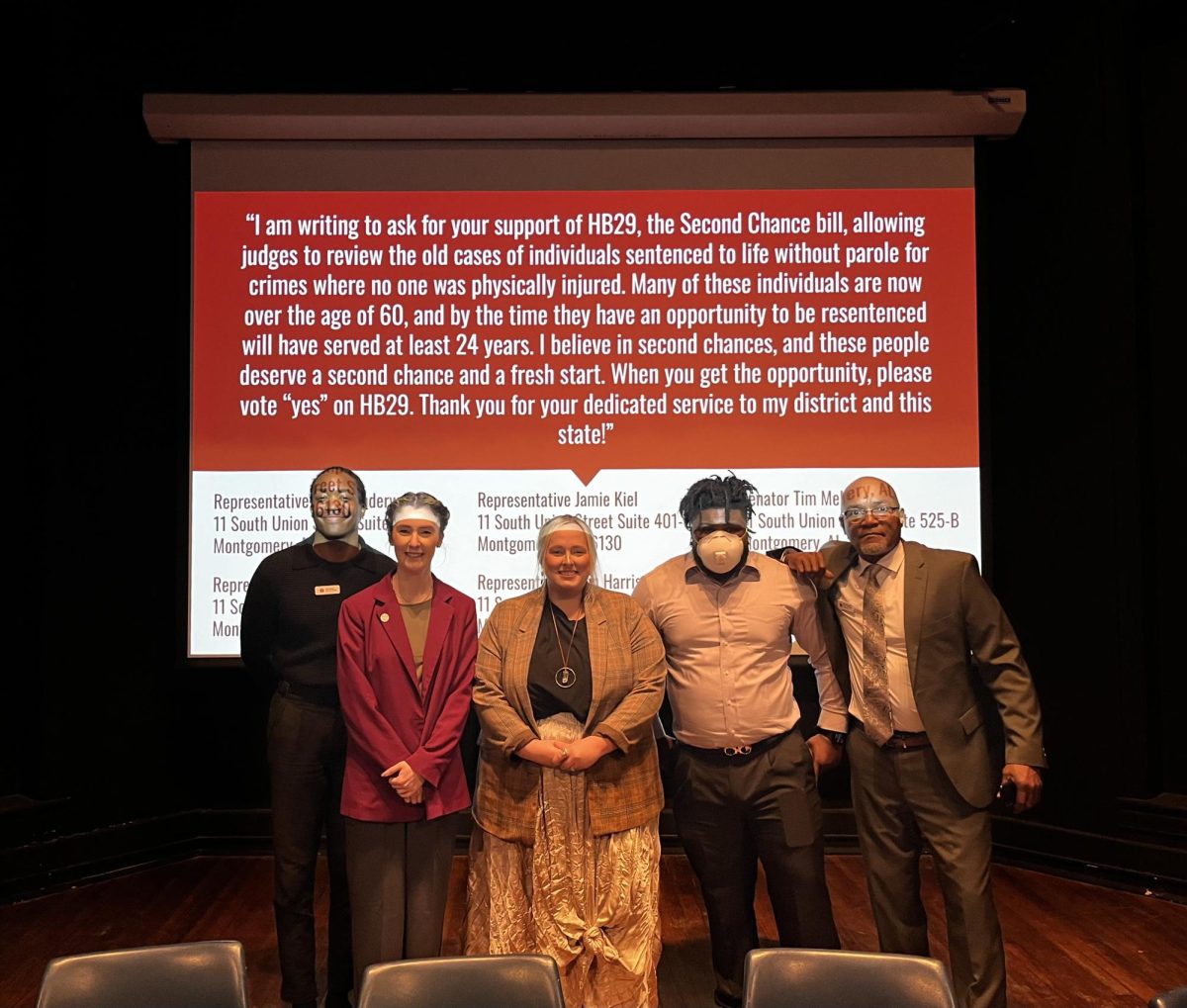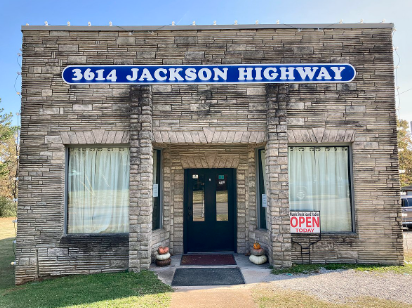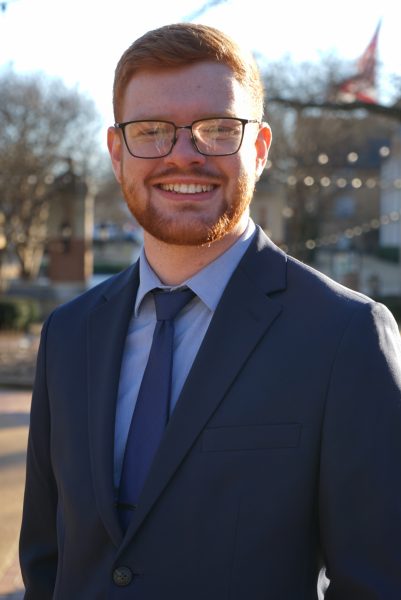On Jan. 25, the Mitchell-West Center for Social Inclusion, along with the Alabama Appleseed Center for Law and Justice, held an event called NextGen Bama. Alabama Appleseed is a non-profit, research and policy organization based in Montgomery and Birmingham.
“What our most important focus is on, right this minute, in the state of Alabama, is connecting everyday people from all across the state with the information, the tools and the connections to make a difference in important policy areas that are really critical, and really in crisis,” said Carla Crowder, Executive Director of Alabama Appleseed. “That is what this is about. It’s not about a lecture or a panel that’s just going to talk about stuff that is abstract or doesn’t matter. It’s about the human rights crisis happening in Alabama’s criminal justice system every day in this state, and how every one of you can make a difference.”
“We work at the intersection of the legal system and systemic poverty,” Crowder said. “How we describe that is, we confront a system that harms poor people and keeps them poor through an endless cycle of punishment.”
Crowder remarked on one of the most glaring and current issues at hand involving the Alabama legal system, saying, “Alabama has the most dangerous and overcrowded prison system in the country. The U.S. Department of Justice is suing the state over prison conditions that have only gotten worse.” She continued, “So we are trying to help students and other people in the Florence area to really understand what they can do to make a difference […] the [Alabama] legislature starts February 6, so we are really busy with our legislative agenda.”
“Alabama is the only state in the country that, twice, in the last 50 years, which is in my lifetime, the entire prison system has been declared unconstitutional, and sued by the U.S. Department of Justice,” Crowder reiterated during the event. “Right now there is a pending case over violence, corruption, incompetence and mismanagement. It’s not all about crowding, and new prisons are not going to fix these problems. And yet, Alabama’s only real solution–it’s not a real solution, but they claim it is–is to spend about a billion dollars on a single new prison. That’s going to be the most expensive prison ever built in the United States […] Putting this much money in a prison means we don’t have money for more important things.”
The event featured the debut of Alabama Appleseed’s short film “Second Chances,” which includes testimonies from three former inmates of Alabama’s correctional system. The men, Ronald McKeithen, Joe Bennet, and Lee Davis, were serving sentences of life without parole until their cases were advocated and won by Alabama Appleseed. McKeithen, who now serves as Appleseed’s Reentry Coordinator, was also in attendance at the event as a speaker and panelist.
Following the “Second Chances” debut, McKeithen gave a short speech, followed by a panel including himself and several others.
After the panel, attendees of the event were given a time of group discussion. A list of curated questions for this reflection time was given out to those in attendance before the event. The questions focused on helping students locate and contact their respective state legislators. After the discussion period, attendees were then given time to write letters to their lawmakers to support the passing of the “Second Chance Bill,” HB29, in Alabama’s upcoming legislative session.
“It was very informational,” said Kaylee Steber, a UNA student attending the event. “I had never heard about this program before today. I mean, it spread a lot of awareness about stuff I could do for my community […] It definitely opened my eyes a little bit. I never really took into consideration people getting life without parole that didn’t even harm anybody […] It does kind of make me think that the system is a little bit messed up.”
“I think it’s a great event and it’s for a great purpose,” said Ja’shaenti Enis, another student in attendance. “More people need to research and get involved. It’s important for us to know what’s going on in our communities and in our state […] I feel like I came in hopeless not knowing what Alabama had to offer as a whole, but now I have more hope for the state and more hope that we really can get reform.”







